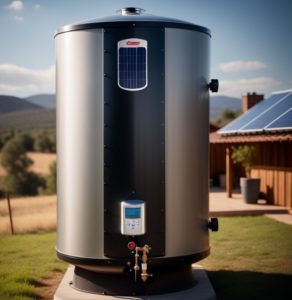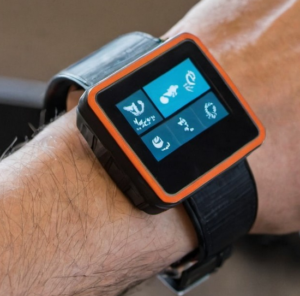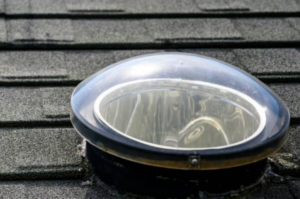Smart thermostats have gained immense popularity. This is mainly due to technological advancements and the integration of AI-like systems in various devices. However, one of the other main reasons is because of their potential energy and cost-saving properties. Some other reasons include the convenience of remote control through smartphones or other smart devices. Today we will explore the relationship between smart thermostats and sustainability and learn how they can help you save money.
Evolution of Thermostats

The concept of regulating indoor temperature dates back to ancient civilizations. Various methods were employed to control the climate within living spaces. From simple fire pits to elaborate systems of ducts and channels. We humans have always sought ways to maintain comfort indoors.
However, the modern thermostat as we know it today saw significant advancements in the late 19th and early 20th centuries. In 1883, Warren S. Johnson patented the first electric thermostat thus paving the way for automated temperature control. Over the years, thermostats evolved from simple mechanical devices to programmable ones thus allowing us to schedule temperature changes based on our daily routines.
Smart Thermostats

The emergence of smart technology revolutionized the way we interact with household appliances which includes thermostats. Smart thermostats are equipped with sensors and Wi-Fi connectivity and can learn user preferences or adjust temperatures automatically and also provide energy usage insights thereby maximizing efficiency.
Sustainability Benefits of Smart Thermostats
Energy Efficiency: Why Are Smart Thermostats Energy-Efficient?
Smart thermostats optimize energy consumption by learning your behavior patterns and adjusting temperatures accordingly. These devices ensure that heating and cooling systems operate only when necessary. This is how it reduces unnecessary energy wastage.
Enabling Remote Monitoring and Control
Smart thermostats offer remote access through smartphone apps which allows you to monitor and adjust temperatures from anywhere with an internet connection. This feature enables you to optimize energy usage by adjusting settings based on occupancy, weather conditions, or unexpected changes in plans.
Integrating with Home Automation Systems
Many smart thermostats are compatible with home automation systems, enabling seamless integration with other smart devices such as smart lights, locks, and security cameras. By synchronizing these systems, you can create custom automation routines that enhance energy efficiency and your overall comfort.
Financial Benefits: Can Smart Thermostats Save You Money?
Lowering Energy Bills

Smart thermostats help lower energy bills significantly by optimizing energy usage and reducing unnecessary heating and cooling cycles. Studies[1] have shown that households can save up to 10-12% on heating costs and 15% on cooling costs by using programmable thermostats.
Providing Long-Term Cost Savings
The initial investment in a smart thermostat may seem higher than traditional thermostats. However, the long-term savings justify the expense. With energy-efficient operation and reduced maintenance costs, smart thermostats offer a compelling return on investment over time.
Aligning with Sustainability Goals

With environmental consciousness on the rise, embracing smart technology like thermostats aligns with broader sustainability goals. By reducing energy consumption and greenhouse gas emissions, smart thermostats contribute to mitigating climate change and promoting a greener future.
Conclusion
In conclusion, smart thermostats offer numerous benefits, including energy efficiency, cost savings, convenience, and sustainability. Whether you’re considering switching from a traditional thermostat or already using a smart one, the advantages are clear. We’d love to hear your experiences—what do you like or dislike about your current system? Share your thoughts as we strive for a greener, more efficient future.
What’s more? Explore other energy-saving options such as solar-powered chargers.





